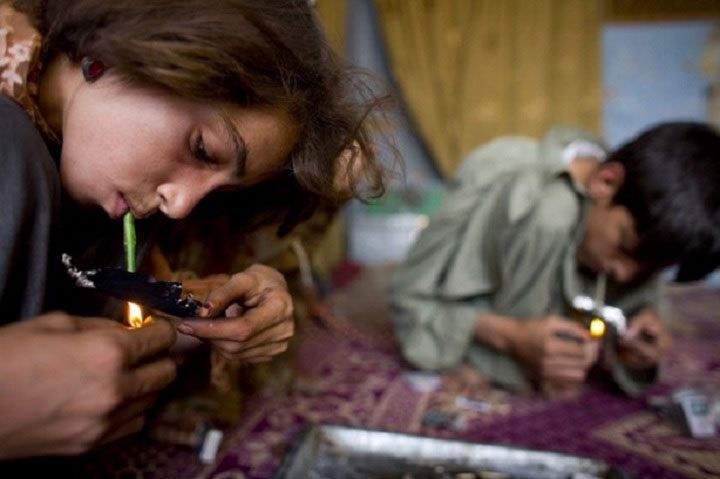

In this blog post I shall discuss the substance abuse rehabilitation journey from the perspective of the female addict. Whilst it is true many of the same feelings and experiences are common for both male and female addict alike, subtle differences do remain and these differences are the subject matter of what follows. I will write this post with the aim of prescribing recommendations for rehabilitation professionals when drawing up personalised rehabilitation plans for female addicts.
#1. Treatment must reflect the female client’s social and professional life.
Thankfully, in 21st century UK, the majority of women are treated equally to men in the workplace. However the reality is that subtle differences remain. For instance, a woman may be juggling her career with childcare commitments, something which on average tends to effect more women than men. This situation and associated stress may be contributory factors in a woman’s decision to abuse drugs or alcohol.
When a woman approaches a rehabilitation centre for help an initial assessment process must bear weight on the woman’s interconnected relationship between home life, work life and addiction.
The initial assessment must factor in the woman’s relationship with her spouse, partner and possible children. Assessment should address the issue of childcare, especially if the woman in question is the child’s primary carer. Alternative childcare arrangements must be put into place before residential rehabilitation is offered. Childcare arrangements ensure the female addict is able to continue her treatment without worrying about family commitments.
#2. Common reasons for female addiction
Whilst men and women abuse substances for many of the same reasons, some motivating factors are nevertheless more common amongst female addicts.
Research has identified the below reasons as common motivating factors leading up to a women’s decision to engage in substance abuse:
- Parental environment where drug and alcohol addiction was present
- Aftermath of an abusive relationship
- Abusive parents
A woman addict is more likely to abuse drugs if their partner is an addict than is the case if a male’s partners is an addict. It is thought women often feel that adopting their partner’s addiction will improve their relationship. This belief is particularly common amongst unmarried or divorced women. For this reason the rehabilitation centre must determine the woman client’s relationship history leading up to and included the addiction period.
#3. Common mental health issues accompanying female based addiction
Research suggests substance abuse amongst women is more likely to produce eating disorders, depression, anxiety and post-traumatic stress disorder as a result of their addiction. Therefore it is vital to assess the possibility of secondary health issues during the early assessment phase of rehabilitation.
#4. Women’s reproduction and addiction
Alcohol and other drugs can damage an unborn child and lead to illnesses such as foetal alcohol syndrome. Initial assessment must attempt to explore these issues from the outset. It is possible a female substance abuser may have miscarried her child or given birth to mentally disabled child as a result of her substance abuse. The initial assessment must first identified these potential facts.
#5. Women in rehabilitation based therapy and possible hurdles
It is essential for a woman’s mental health issues to be reflected in her rehabilitation plan. Such problems should then be factored into therapy and counselling offered upon the completion of detox.
Women are more likely to attach strong feelings of guilt and shame to therapy due to women being more likely to struggle to open up during group therapy sessions. A skilled therapist must place weight on the woman’s possible initial reluctance to engage with the group during group therapy sessions and give the women more encouragement to engage within the group.
#6. Social pressures
Women are susceptible to more social pressures then men. For instance many women feel an pressured to maintain a slim figure. This social pressure can lead to women adopting eating disorders and drug addictions in order to stay physically thin. Again, this must be factored into a woman’s assessment upon applying for residential rehabilitation.
#7.. The damage drug and alcohol abuse can cause to the female body
Research has shown women undergo faster cognitive and physical decline due to substance abuse than men do. Women’s bodies, generally, contain less water and more fat than a man’s which can enhance the risk of a woman’s organs becoming damaged as a result of their substance abuse. This potential for permanent bodily harm must be factored in to the initial assessment when a woman applies to a rehabilitation programme.
Conclusion
Are you affected by any of the issues above? Please let us know you thoughts in the comments below.


